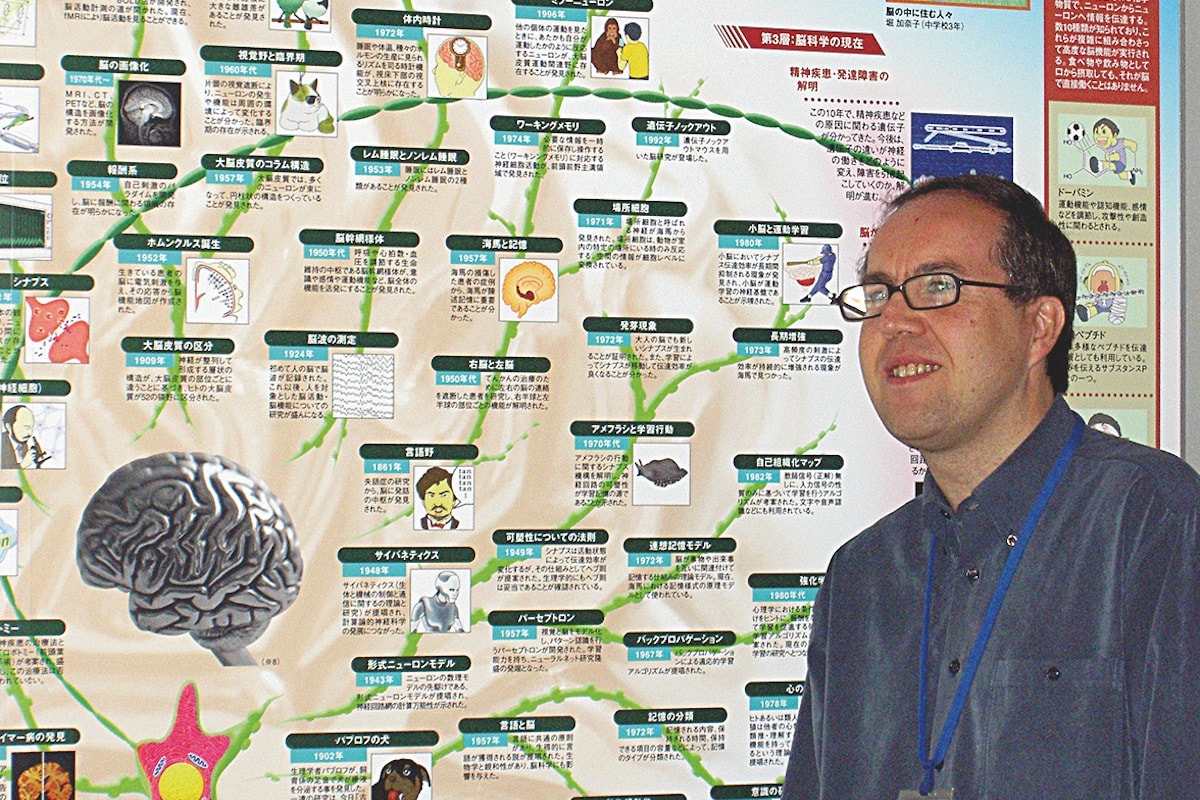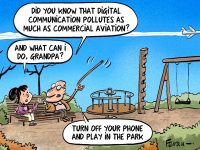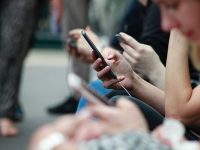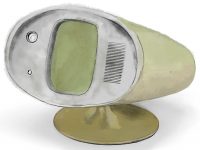
It is the first time I do an interview over Skype. Distance has forced us to hold our interview using new technologies. To be more precise we are thousands of kilometres apart— my interviewees are in Japan. Manuel Perea and Carmen Moret-Tatay, both of them researchers at the University of Valencia, are members of an international research group that uses new technologies as a tool for scientific data collection. «Science XL» is an iPhone app that measures the user’s reading skills using a very simple mechanism. This new tool for research was the subject of our «e-Conversation».
«Science XL: Test your vocabulary and help Science!» is your slogan. Could you be more specific?
Manuel Perea: It is a project in which many researchers from around the world, with different cultures and languages are involved. Our aim is to take advantage of smartphone technology. We use a simple laboratory task that asks the user to decide whether a string of letters is a word or not and that also measures the user’s reaction time. Our aim is to get much reaction time data for each word, and this is why we need as much people as possible to participate in our research.
Carmen Moret: We want people to collaborate in science with games. Showing the laboratory task as a game can be more appealing for our participants, who receive their results after taking the test. The app informs the users that their efforts will provide data to study visual word recognition processes.
Manuel Perea: «People still read, but now they read Facebook walls and not Cervantes’ works. Of course, this impoverishes our vocabulary»
What is the information provided by reaction time measurements in word recognition?
M. Perea: It indicates how rapidly one access his or her own «lexical dictionary» stored in our brains. In fact, thanks to tests carried out using MRI technology, we know there are areas in our brain that react in front of a string of letters, and that reaction time may vary. For instance, if we read the word meadow [writes it on the screen], time reaction will be high. There are many different factors that affect time reaction, and one of them is the word’s frequency of use.
C. Moret: The participants’ data can provide very useful information regarding lexical and sublexical factors involved in the visual recognition of these words, and therefore, help us improve the presentation of this kind of information.
The more we use a word, the faster we recognise it, then?
M. Perea: Yes, we do. Let’s say the gateway is faster. Repetition is very helpful in the long run. If I write again meadow [writes it again] you will be able to recognise it faster than a moment ago.
Indeed. How did you think about using iPhones as tools for measuring the people’s reading skills?
M. Perea: Well, it was Stéphane Dufau’s idea, an IT technician from the CNRS (The French Centre for Scientific Research) in Marseilles. The iPhone has very accurate mechanisms to present stimuli and measure time reaction. In addition, it is a standardised object— it is the same device for everyone.
C. Moret: Thanks to Stéphane Dufau, North American, Asian and European centres have worked side by side to develop this app in many languages.
What is «lexical decision»?
M. Perea: It simply is deciding whether a string of letters make up a word or not. The task shows a possible word and the user has to tell apart real words from made up words. The lexical decision task is particularly simple and useful, in addition to being a useful tool to assess reading skills. Sometimes not only the word data is interesting, but also the «pseudoword» data is. Think for instance of porblem [writes it]. Read it…
Wow…
M. Perea: See? You read problem… this is so because the brain first encodes the letters’ identity and then their position.

Researcher Carmen Moret-Tatay.
I have read that you need over 40.000 people to get accurate results.
M. Perea: That is true. The more data we have per word, the better our results will be. Measurements are more stable when the sample is bigger.
That means that your iPhone app is a massive data collector.
M. Perea: It somehow is. What we are trying to do is to replicate experiments that have been carried out in labs with fewer people but with many trials. We are seeing that our results are very similar.
If everything goes according to plan, there will be a very interesting path open for research using smartphones…
M. Perea: That’s right. Smartphones can be used for research in different areas, from economy to social psychology. We can get culturally different data using the same device.
Carmen Moret-Tatay: «We want people to collaborate in science with games. Showing the laboratory task as a game can be more appealing for our participants, who provide data to study visual word recognition processes»
That the device is the same one regardless of culture or language is one of its greatest advantages, isn’t it?
M. Perea: Exactly. It is difficut to contrast results using different procedures. We use the same mechanisms for all users, whether they speak English, Catalan, Greek or Japanese. The same would be applied to other possible experiments in other areas, of course. This way we can access large population samples, all of them using the same device. This opens new paths for research.
When people talk about the decrease in reading habits we tend to blame new technologies. However, you are carrying out a research on reading skills using new technologies. Isn’t it a bit paradoxical?
M. Perea: People still read, but now the read Facebook walls and not Cervantes’ works. Of course, this impoverishes our vocabulary.
So, if we read more books we would recognise meadowearlier?
M. Perea: [Laughs]… Well, yes— meadow and many other words.
C. Moret: If we look at Facebook walls we are bound to find some grammatical and orthographical mistakes… All in all, if properly used, new technologies are highly beneficial.
Should the use of new technologies, smartphones in this case, be encouraged as useful tools for scientific research?
M. Perea: Of course, educational softwares that pose challenges and that contribute to the creation of knowledge would be ideal. There is time for everything… Besides, this is only the beginning… we’ll see much more in different areas.
C. Moret: It is only a matter of time…
M. Perea: Yes, it is easy to know when it starts but never when it ends.





